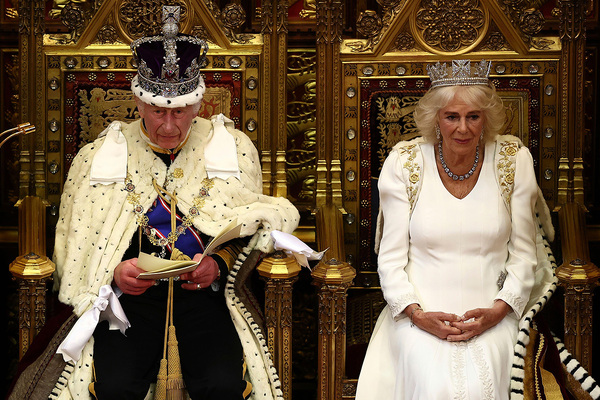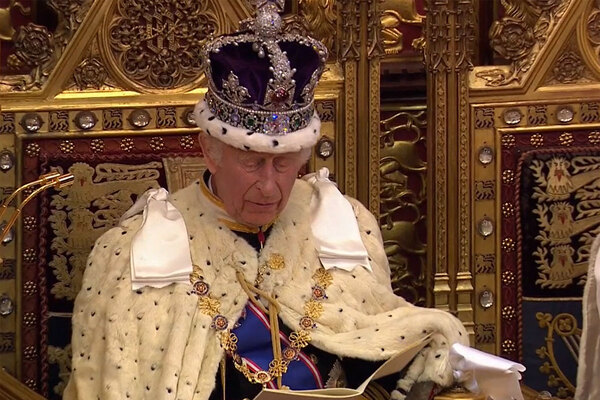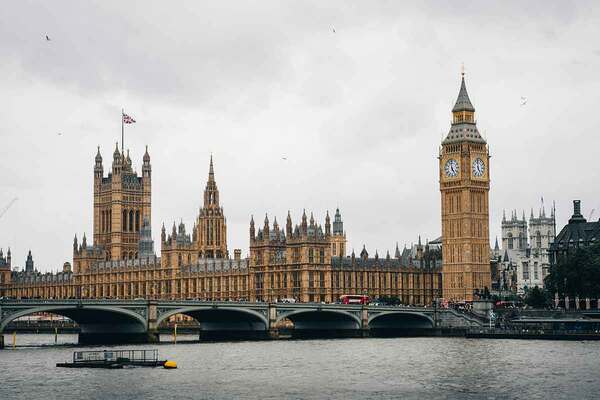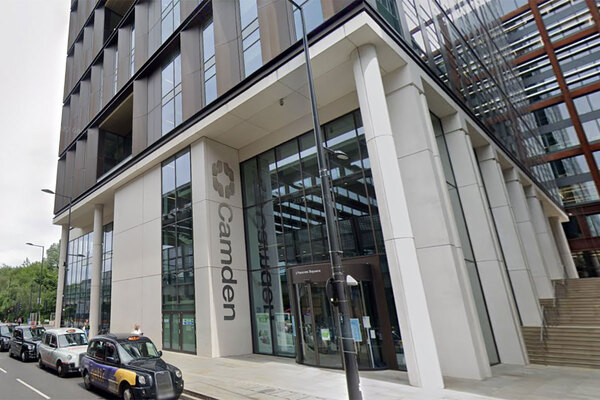Housing minister considers tougher eviction rules for private tenants
Matthew Pennycook is reportedly considering tougher rules around evicting private tenants for the forthcoming Renters’ Rights Bill.

The housing minister is understood to be supportive of French-style ‘hardship tests’ that would have to be carried out before private landlords could evict their tenants, according to The Telegraph.
These tests would consider if a tenant had a terminal illness, would lose their job, or if the eviction would leave them homeless.
A similar system was introduced in France in 2008. Under its Enforceable Right to Housing Act, a tenant can appeal their landlord’s eviction notice if they have no rehousing options.
When he was in opposition, Mr Pennycook put forward an amendment to the Conservative government’s Renters (Reform) Bill that would have allowed a judge to reject a possession order if they thought it would cause “greater hardship” to the tenant.
His amendment cited three examples where the hardship test should succeed: a tenant with terminal cancer, a tenant who would lose their job if evicted, and a tenant who would become homeless if evicted.
However, the amendment was never included and the Renters (Reform) Bill was later shelved ahead of the general election.
A new Renters’ Rights Bill was announced last month in the King’s Speech, promising to end Section 21 ‘no-fault’ evictions and reform grounds for possession.
Materials published alongside the King’s Speech explained that the bill would introduce “new, clear and expanded possession grounds” to allow landlords to reclaim property when necessary.
To bring an “end to rental bidding wars”, the right to challenge rent hikes was also promised, alongside the extension of the Decent Homes Standard and Awaab’s Law into the private rented sector.
Labour’s other proposed amendments to the doomed Renters (Reform) Bill which could be resurrected include: forcing landlords to offer their property for sale to the tenant before evicting them on the grounds of needing to sell, and making landlords wait for the first two years of a tenancy before being able to claim they are selling or moving a family member in, rather than six months.
Mr Pennycook had also proposed removing “persistent rent arrears” as grounds to evict tenants, ie those who fall into two months’ arrears at least three times.
The government will also reintroduce energy-efficiency targets for private landlords, which will apply from 2030. The requirements, scrapped by Rishi Sunak when he was prime minister, require all let properties to have an Energy Performance Certificate (EPC) rating of Band C.
A government spokesman said: “The private rented sector is in desperate need of reform, and our Renters’ Rights Bill will make renting fairer for all.
“The energy shocks of recent years have also shown the urgent need to upgrade British homes so we can secure our energy independence and reduce fuel poverty.
“Responsible landlords who provide quality homes to their tenants have nothing to fear from the sensible overhaul of private rented sector regulation we intend to implement.”
The Conservative government first pledged to ban no-fault evictions in 2019, but failed to do so before the general election in 2024. Section 21 evictions led to households being threatened with homelessness over 80,000 times since the government pledged to ban the practice, according to charity Homeless Link.
Sign up for our tenancy management newsletter
Already have an account? Click here to manage your newsletters











